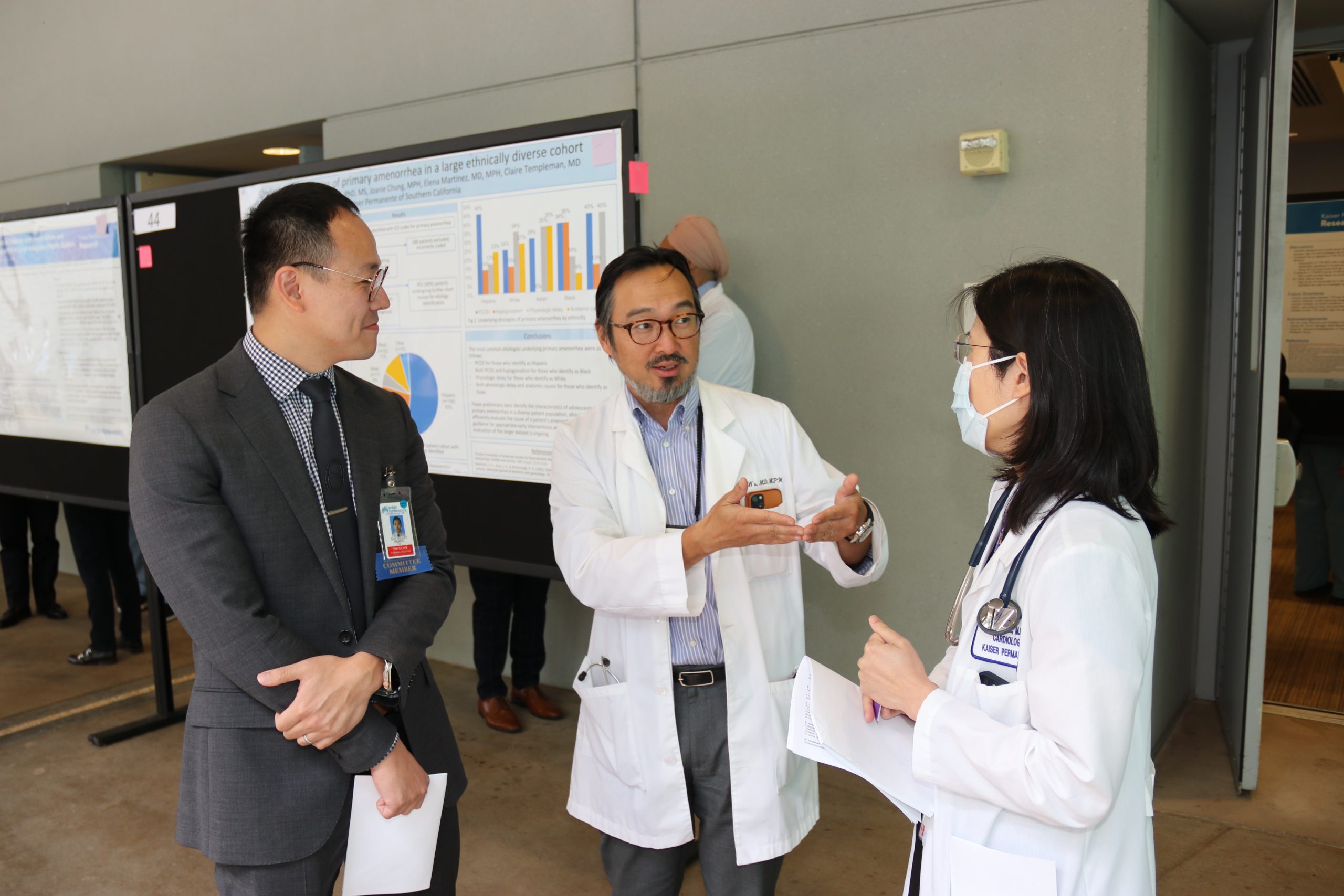About Our Program
As a research center embedded within Kaiser Permanente’s large and dynamic health care system, our investigators have a unique opportunity to apply scientific expertise to real-world clinical problems, translate findings into practice, and share what we learn with the broader community.










